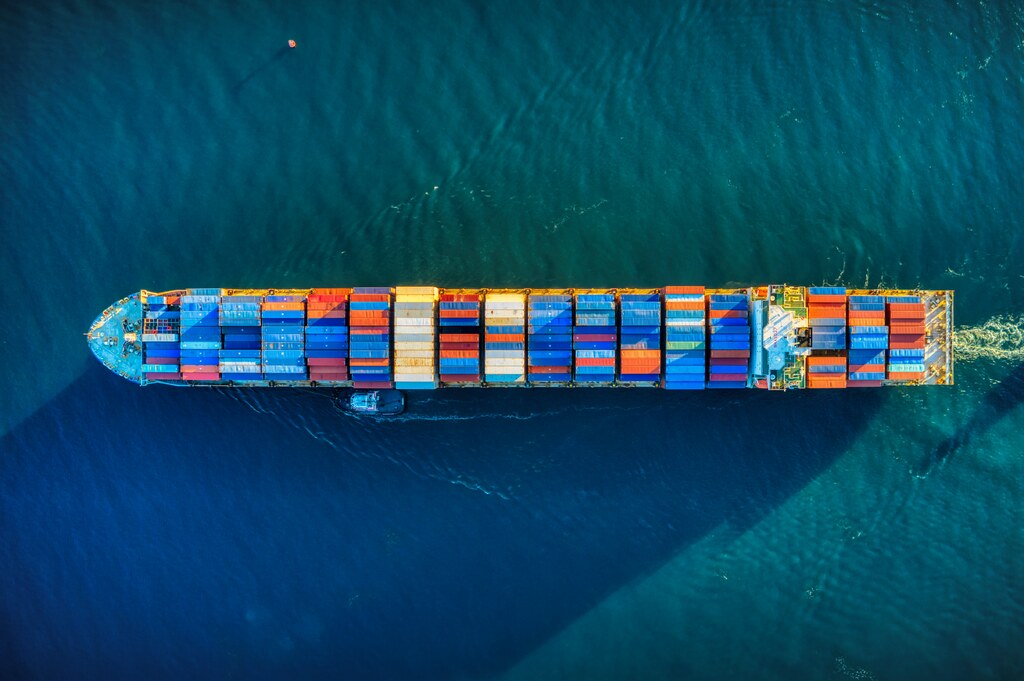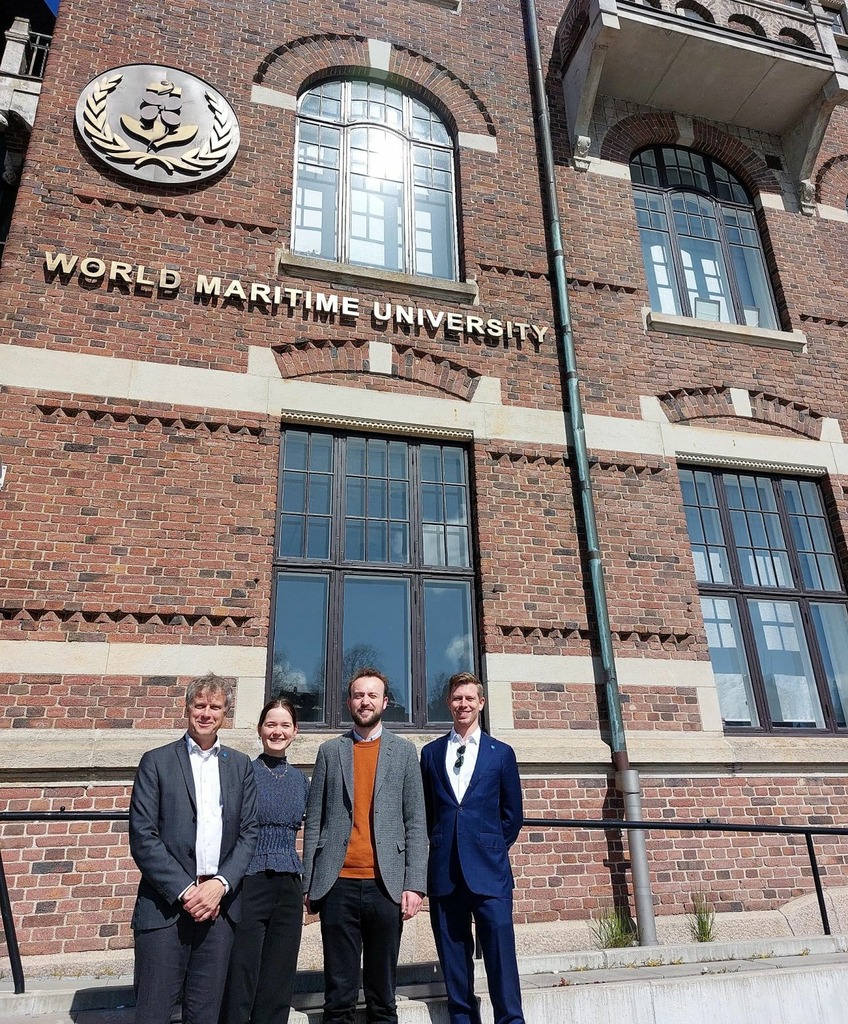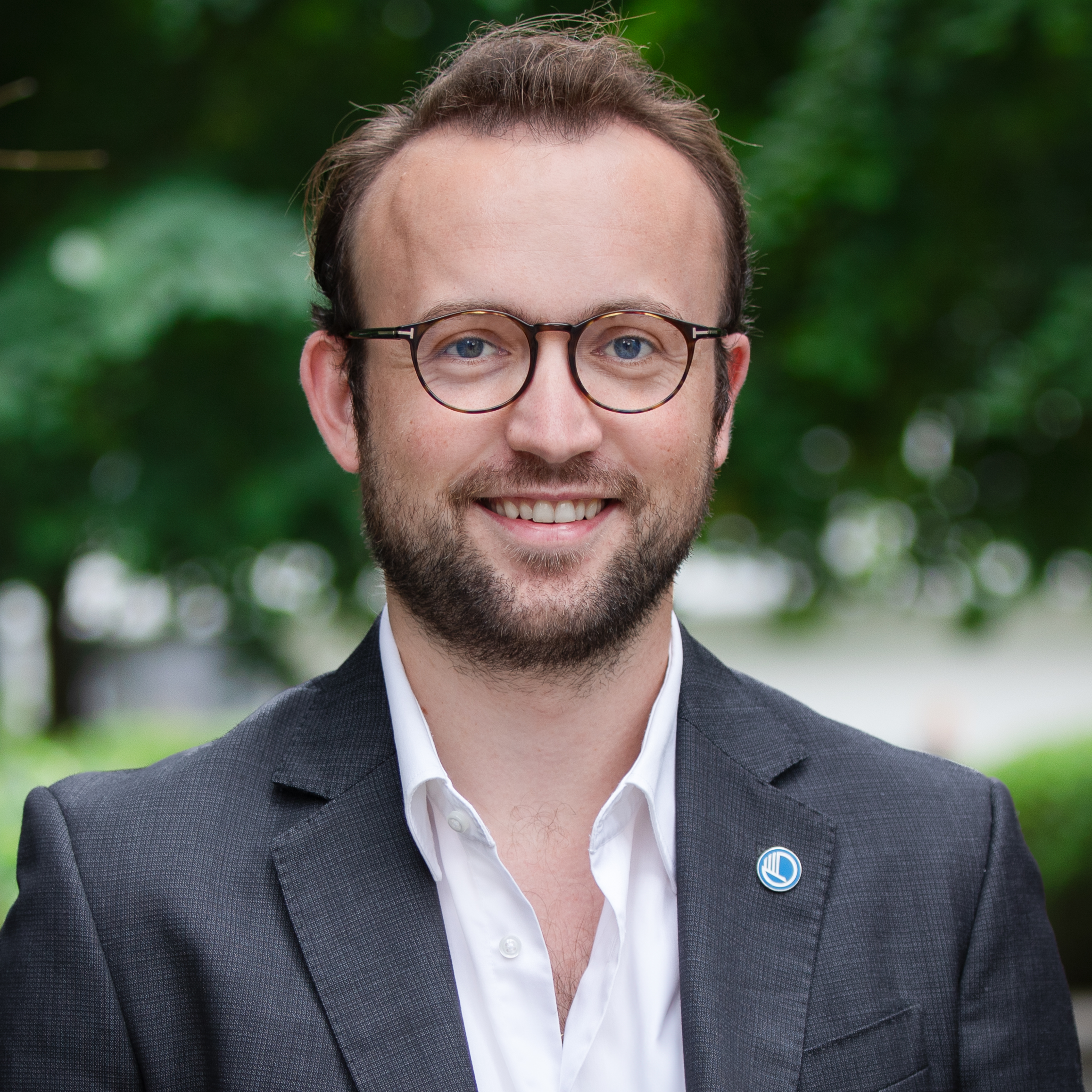
New open call in the Nordic Maritime Transport and Energy Research Programme
In response to the continued growing need for low-emission solutions in the maritime sector, Nordic Energy Research, Sweden, Iceland, and the Faroe Islands have agreed to fund a new round…
In response to the continued growing need for low-emission solutions in the maritime sector, Nordic Energy Research, Sweden, Iceland, and the Faroe Islands have agreed to fund a new round of projects in the Nordic Maritime Transport and Energy Research Programme.

The new period of the programme will continue to commit funds to maritime research projects focused on e-fuels, biofuels, and battery electric concepts. In addition, given the wide array of challenges in the maritime sector, projects focusing on or including supply chain and bunkering, ship design, energy efficiency, and safety measures and standards, are also urged to apply.
Projects in the call will be able to apply for public funding up to 700 000 EUR over a three-year period. The new open call of the programme opens on 4 December 2023, with a submission deadline on 20 February 2024. Eligible consortia must have partners based in two countries that are either Sweden, Iceland, or the Faroe Islands.
Nordic Energy Research’s Adviser Ole Aune Ødegård, who administrates the Nordic Maritime Transport and Energy Research Programme,
“Catalyzing energy research in academia and industry, the renewed programme exemplifies the power of collaboration in the region. Both Sweden, Iceland and the Faroe Islands have a strong presence in the maritime space and inhabit the expertise necessary to reach the goal of a low emission and resilient maritime sector. We are pleased to be able to fund a new round of maritime projects, with consortia reaching from the Baltic Sea to the Arctic,” says Ole.

Klaus Skytte, Ditte Stiler, Ole Aune Ødegård, and Kevin Johnsen at the last conference of the Nordic Maritime Transport and Energy Research Programme, at the World Maritime University in Malmö, Sweden on 3–4 May 2023.
Supporting research crucial to the maritime sectors transition
For the Nordics to meet their climate and energy goals, we need to continue our work fast-forwarding the decarbonisation of the maritime sector by increasing cooperation between researchers and industry in the Nordic countries, which are already established maritime superpowers.
The previously funded projects in the programme, HOPE, CAHEMA, and AEGIR, all focused on the use of ammonia or hydrogen as maritime fuels, either by using combustion or fuel cell options. These low- or zero-emission options are necessary to reach the goal of a green maritime sector. The three consortia all had strong industrial support, necessary for rapid testing and implementation of the research results.
Nordic Energy Research hopes to create an opportunity for researchers to continue the remarkable work within the maritime sector so that the Nordics can continue to lead the way in a low-emission energy future.

